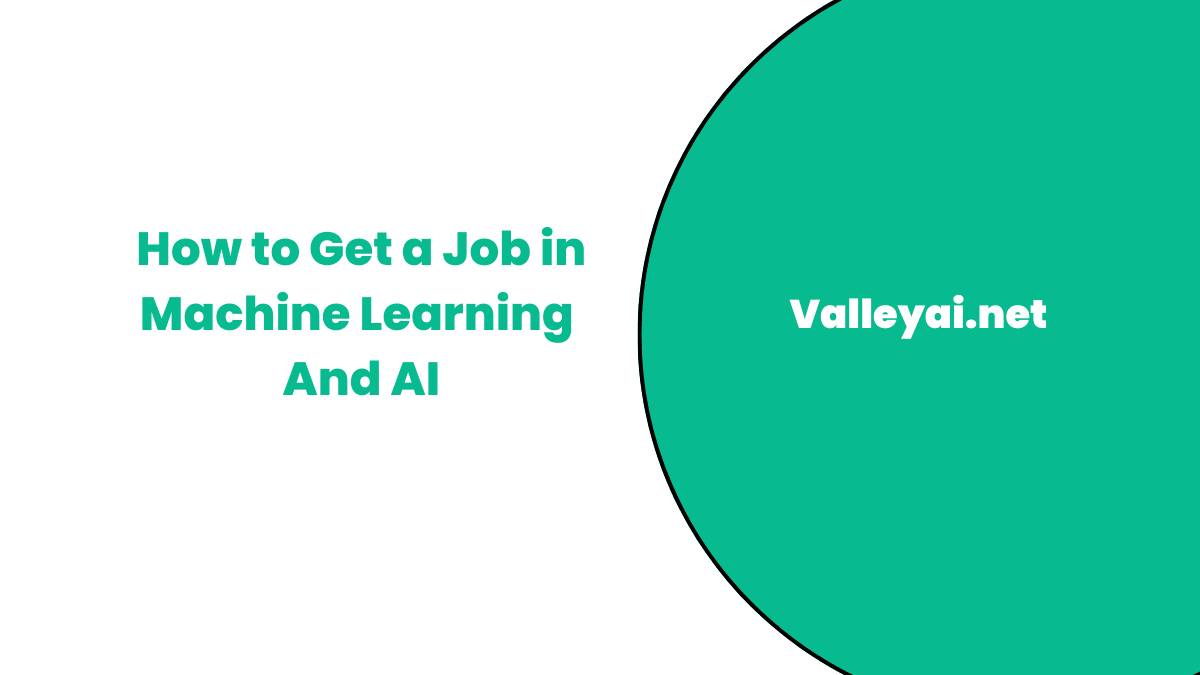The digital world today is controlled by machine learning (ML) or artificial intelligence (AI). These technologies can alter how a corporation runs. Many IT professionals are pursuing careers in AI and ML by enrolling in AI ML courses due to these technologies’ growing acceptance and business applications. However, it could be challenging to distinguish among a crowd of applicants, given the competitiveness of the field.
This article describes the qualifications and licenses required to work as a research scientist after the completion of a data science and machine learning course provided by Great Learning.
Artificial Intelligence and Machine Learning Career Requirements
A graduate, master’s, or doctoral degree in computer science is required for AI ML courses offered by Great Learning. Because these professions include the design of algorithms, analytical and problem-solving abilities are very important when considering a career in machine learning or artificial intelligence.
Let’s look at a list of skills that can help you advance your career in artificial intelligence.
Skills in Mathematics and Probability
One must be adept at applied mathematics to pursue a profession in artificial intelligence or machine learning. In addition to statistics, the science of artificial intelligence also uses a variety of mathematical ideas.
Probability is among the most widely used mathematical concepts. In AI, chance governs several outcomes, and building AI models requires a thorough grasp of the idea. In addition, AI experts must possess good analytical and problem-solving capabilities, which you can acquire by honing your mathematical abilities.
Statistical Knowledge
To understand complex algorithms, you would be required to have a solid grasp of statistics and probability as an AI specialist. Today’s AI models rely on discovering patterns in vast volumes of data in their most basic versions.
As a system architect, you must know the statistical techniques used to extract insights from the data. You should also know about standard AI models like Hidden Markov, Naive Bayes, and Gaussian Mixture Models.
Since these principles were founded on intricate statistical proofs and theorems, AI developers must thoroughly understand the field and how they operate. Thus, having a thorough understanding of statistics aids programmers in developing their AI skills.
Modern Signal Processing Methods
A key component of machine learning is feature extraction. Controlling the deployment of a model involves knowing the following features and how to execute them.
With the development of AI, approaches like layered signal representations, nonlinear function approximation, or nonlinear signal prediction have also revolutionized digital signal processing. This states that to master feature extraction, aspirants must have a basic understanding of algorithms, including curvelets, bandlets, and shearlets.
Artificial Intelligence and Machine Learning Career Options
You can choose five key jobs on your journey to an AI and ML profession. Let’s look more closely at each of them.
1. Data Scientist
With predictive analytics and machine learning, data scientists are all in charge of
gathering, analyzing, and interpreting vast and complicated datasets. To assist a business in making decisions more quickly and effectively, they can also be required to develop new machine learning models.
Creating algorithms that enable data collection and preparation for analysis is a critical task for data scientists. They must also ensure that predictive models receive the most recent data so they may draw conclusions from it and establish a healthy data pipeline.
2. Business Intelligence (BI) Developer
Business intelligence developers must analyze complex data sets to spot market and industry changes. They contribute significantly to the company becoming a success. Developers of business intelligence models create and maintain complex data on readily available cloud data platforms.
Business intelligence developers are required to manage the transformation of an organization into a data-driven one. They accomplish this by evangelizing data advantages by explaining them to company stakeholders. For the post of Business Intelligence Developer, applicants having technological solid and analytical skills were desired.
3. Research Scientist
Masters in a variety of AI fields, including deep learning, machine learning, and computational statistics, including applied mathematics, were found among research scientists. Applicants must know about reinforcement learning, natural language processing, computer perception, and graphic models.
The minimum educational requirement for future research scientists is a master’s or doctoral degree in computer science. Some organizations may accept a graduate degree in a similar discipline in addition to experience. Distributed computing, parallel computing, and machine learning, including artificial intelligence, should be well understood by experts.
4. Big Data Engineer
The Big Data environment must be designed, planned, and developed by prominent data engineers and architects. They are responsible for creating an environment that enables information networks to exchange information and gather data.
Prominent data engineers control how data moves across an organization, ensuring it gets to where it needs to be. They must also be skilled at establishing databases, including deploying networked computing systems, because this involves providing and building a suitable architecture for the use case.
For this position, experts with a Ph.D. in mathematics and computer science were desired. Additionally, they should be well-versed in various programming languages, including Java, Python, C++, and Scala, and have an in-depth understanding of data visualization, mining, and migration.
Wrapping Up: How to Get a Job in Machine Learning And AI?
Jobs in artificial intelligence are in high demand, and this field is expanding thanks to new technical developments quickly. With the help of this guide on how to acquire a job in artificial intelligence, you can learn about the necessary education and some of the best AI positions.
A bachelor’s degree in computer science or a related field is required to work in artificial intelligence. Additionally, think about earning a graduate degree in the area while building your resume and experience.
- Understanding the Landscape of Cloud Vulnerability Management - March 25, 2024
- Quality Assurance Strategies for Startups: Ensuring Software Reliability - March 5, 2024
- Working of NLP to Improve Copywriting in AI Paraphrasing Tool - February 28, 2024

